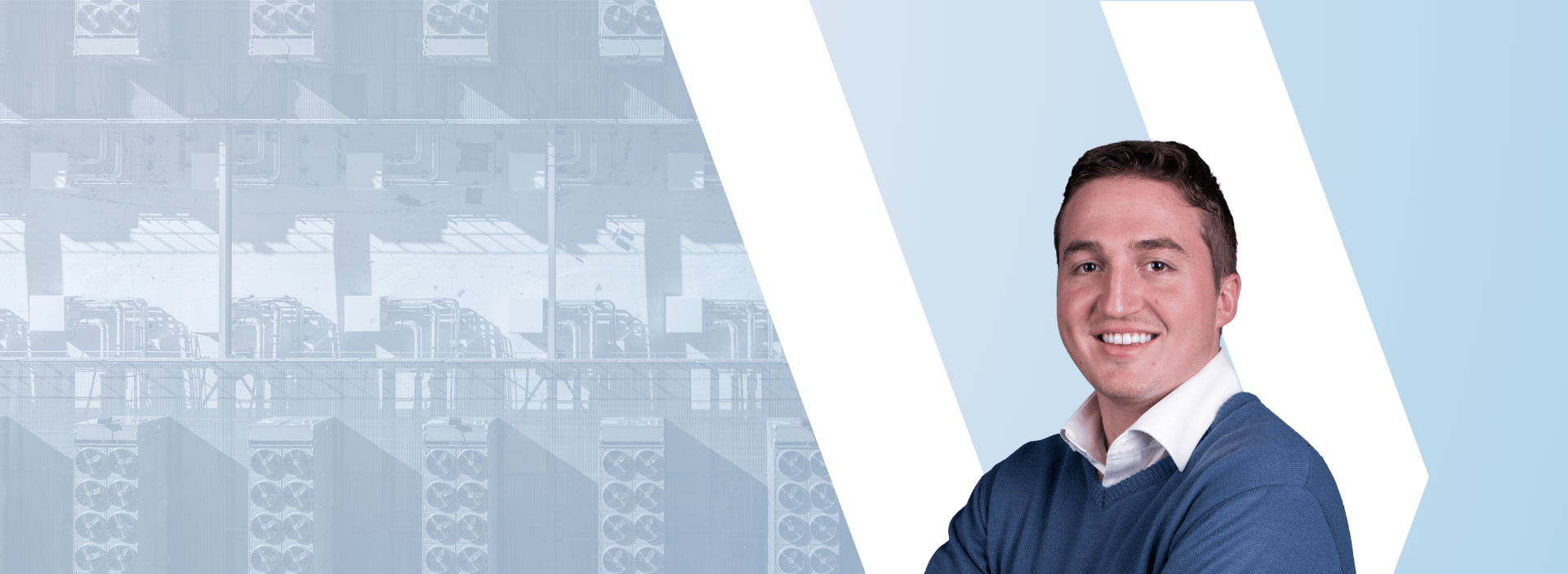Why did you join WSP?
I joined WSP as an intern while studying mechanical engineering at university and was soon after offered a full-time role in the Mechanical HVAC team within Property & Buildings. I accepted and continued to study part-time while working at WSP, gaining a BSc (Hons) in Engineering and Technology Management.
How did you get to the mission critical group and what does your current role involve?
I started working on commercial projects, before moving into healthcare and then mission critical. WSP in Africa had a small team of two mechanical engineers specializing in HVAC design for data centres. When mission critical became a business strategic priority, and the projects increased, I jumped in to help and build the data centre team.
Fast forward five years and we’re now a team of 26 multidisciplinary engineers and a global centre of excellence (CoE) supporting data centre projects in Africa and around the world. Our focus is on building an international project delivery team with a local presence – to seamlessly support WSP’s global data centre clients as they expand into the African market and beyond.
We’re supercharging our knowledge and experience by working with and learning from the kW Mission Critical Engineering CoE on major hyperscale and colocation projects in the US – the largest and most mature data centre market in the world.
What are the challenges in Africa?
The reliability of municipal power supplies is a big challenge. Many countries have unstable, coal-intensive grids and strategic blackouts intended to reduce peak demand. Data centres need power to stay operational 24/7/365 so the alternative has been to rely on onsite back-up generation.
Things are starting to improve, with more public and private sector investment in renewable and sustainable energy technologies. Our energy experts are exploring a range of solutions for our clients, including onsite solar power plants and energy wheeling – enabling data centres to be powered by solar facilities built nearby.
With Africa on the frontline of the global water crisis, we support clients to optimize both Water Usage Effectiveness (WUE) and Power Usage Effectiveness (PUE). As mechanical technology improves, air cooling – which has traditionally been power hungry – has also made large strides in energy efficiency that we leverage to improve PUE and WUE. To make an impact on WUE, we can use treated wastewater for cooling instead of the potable water needed for human consumption. Our colleagues in Italy are working with hyperscale clients on exactly these initiatives.








